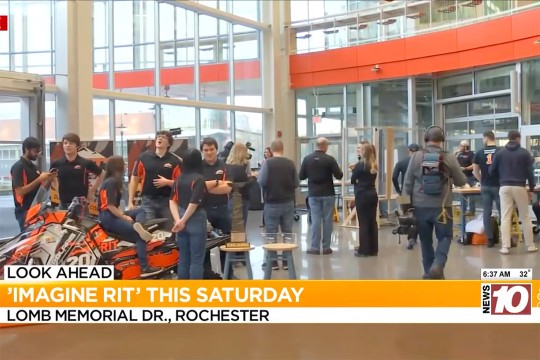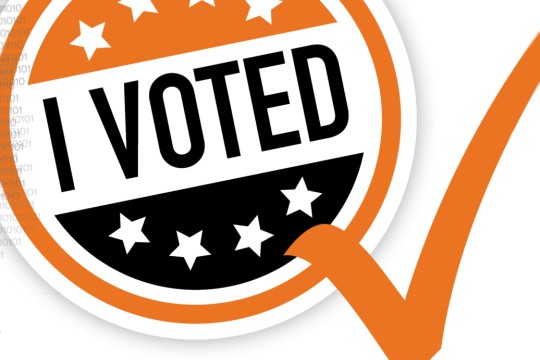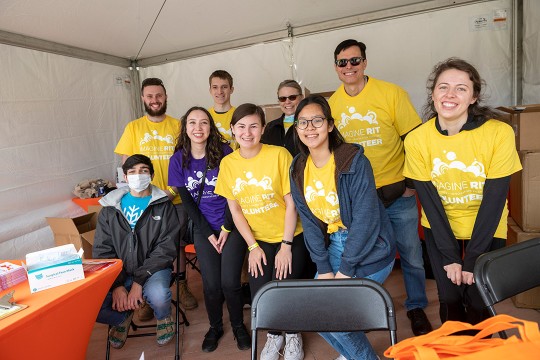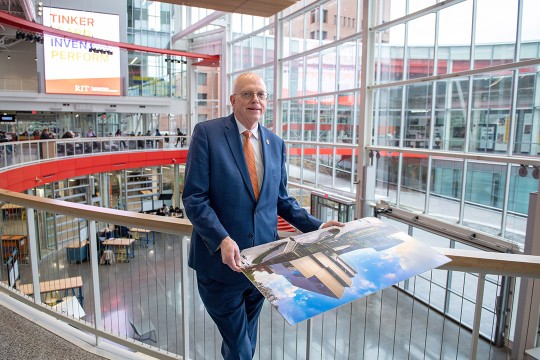Readers share co-op memories
During my freshman year, I realized that I wanted to do the bachelor’s and master’s accelerated engineering program, which meant doing a co-op early. In order to do an early co-op, you have to do one after freshman year.
Getting a co-op after freshman year is a chicken and egg situation—you cannot get a co-op because you do not have any experience, and yet you cannot get any experience because you cannot get a co-op. This was in the days of paper résumés before the online tools made things more accessible.
After exhausting what was available to me in the co-op office, I sent out 96 hardcopy letters to the companies I found in the Buffalo, N.Y., phonebook (where I’m from) that seemed relevant. Luckily, one of my letters landed on the desk of an RIT graduate who was studying alternative fuels at his start-up company and understood the value of the co-op program.
I signed on with him for two times what I would have made as a grocery store clerk (my previous summer job) and was delighted. I quickly found myself worried about my summer job choice as I clicked buttons as a tester on software I didn’t understand and provided transcription for an Italian physicist’s rambles as the other employees scurried to document things for patent applications. It proved to be a very boring summer, but at least I had earned two times the income.
Fast forward about 10 years when I found myself in a global role and realized that I have a great ability to understand accents over the phone that is superior to many of my coworkers—which has helped me greatly. That boring transcription work taught me how to listen more intently, which set me up for success in a global role. This menial job taught me some of my most valuable lessons. I didn’t keep up with the folks from that company, who probably went on to be billionaires. If I had taken the initiative to learn more about that test software, its uses and their company goals, maybe I’d have another paragraph in this success story.
Stacy Kalisz Johnson ’96 (mechanical engineering)
I read your article “Co-op launches 41 years at Kodak” with great interest. I graduated from RIT in 1951. I then went on and graduated from Rensselaer Polytechnic Institute in 1954. Then I went to work at Kodak. After the first Sputnik was launched by Russia, Kodak formed its space projects organization. I was one of the founding engineers of that organization.
We first designed the spy satellites (1957)—highly classified but was declassified last year. The satellite took pictures of Russia and “radioed” the pictures back to Earth.
The radioing device was called “The Readout Mechanism.” I was the project engineer that directed the design of the readout mechanism. Later, the satellite was used for the Lunar orbiter satellite.
The first pictures of the moon up close with the Earth in the background were radioed back to Earth by my readout mechanism. That picture was published on the front page of newspapers all over the world. I was proud to have been a part of that effort.
Don Sortwell ’51 (mechanical engineering)














